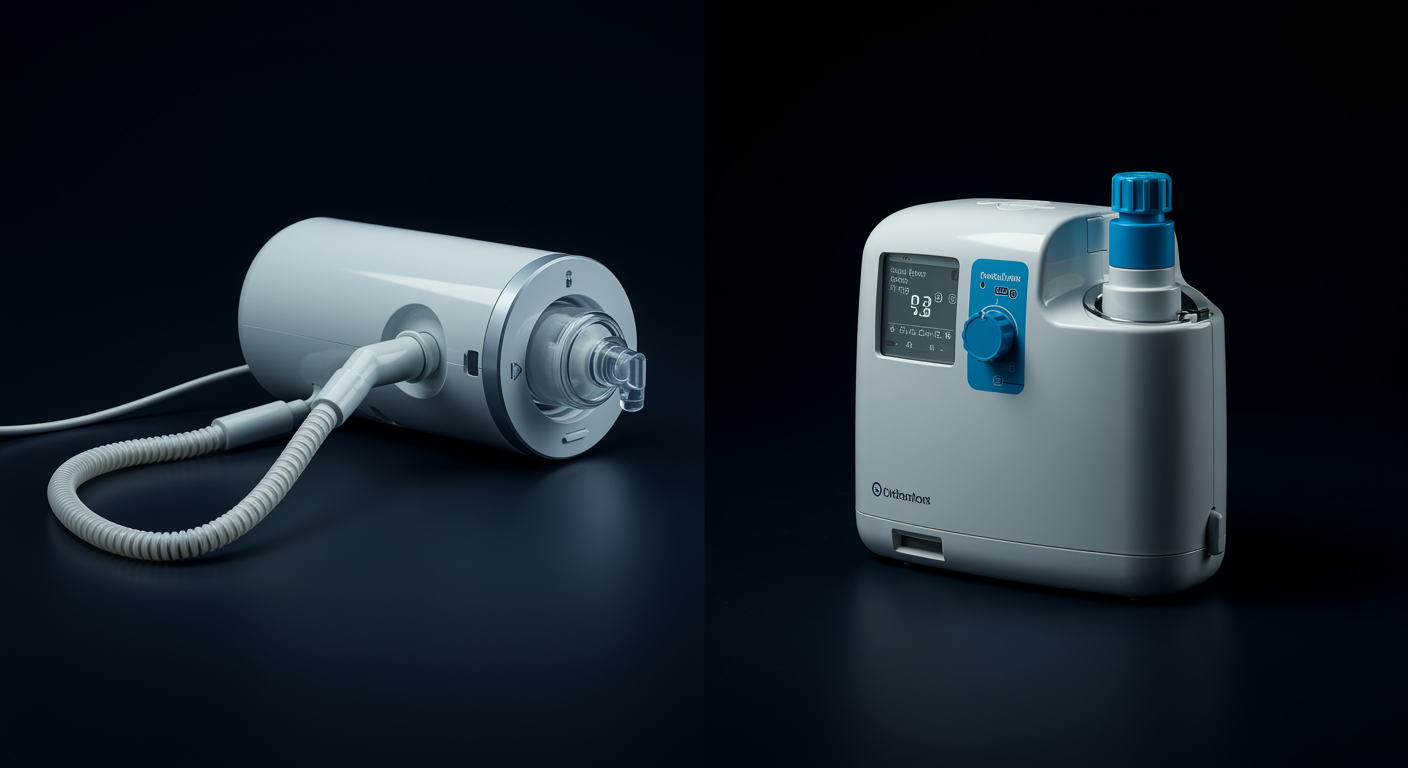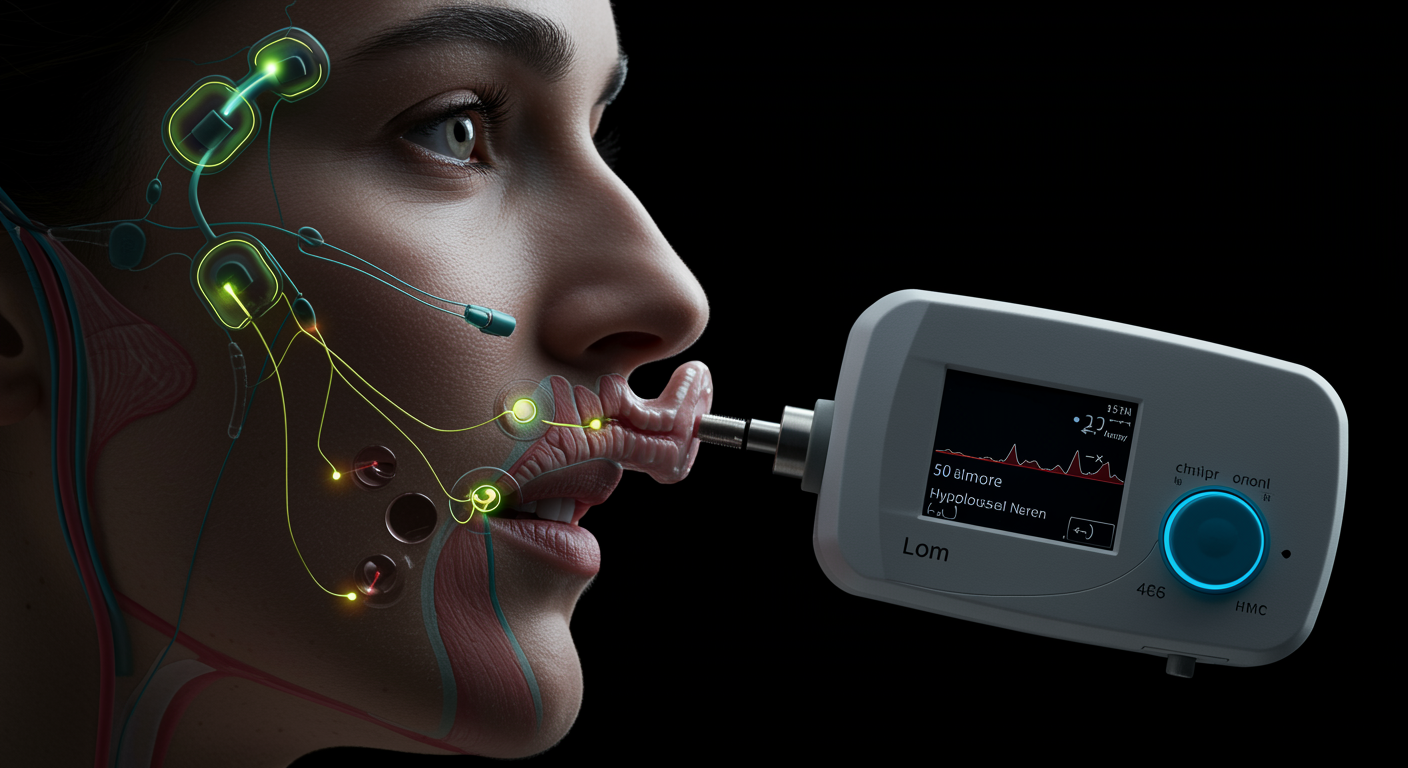CPAP vs Oxygen for Sleep Apnea: Cardiovascular Outcomes Comparison
How Does CPAP Compare to Oxygen Therapy for Treating Sleep Apnea?
This landmark clinical trial comparing CPAP therapy to supplemental oxygen for obstructive sleep apnea reveals that CPAP provides superior cardiovascular protection and mortality benefits compared to oxygen alone. While both treatments reduced sleep apnea severity and improved oxygen levels during sleep, CPAP therapy resulted in significantly lower rates of cardiovascular events, including heart attacks, strokes, and cardiovascular death over the study period. The research demonstrates that simply correcting oxygen desaturation with supplemental oxygen is insufficient—the mechanical airway support provided by CPAP offers unique cardiovascular benefits that oxygen therapy cannot replicate, making CPAP the superior first-line treatment for moderate to severe obstructive sleep apnea.


